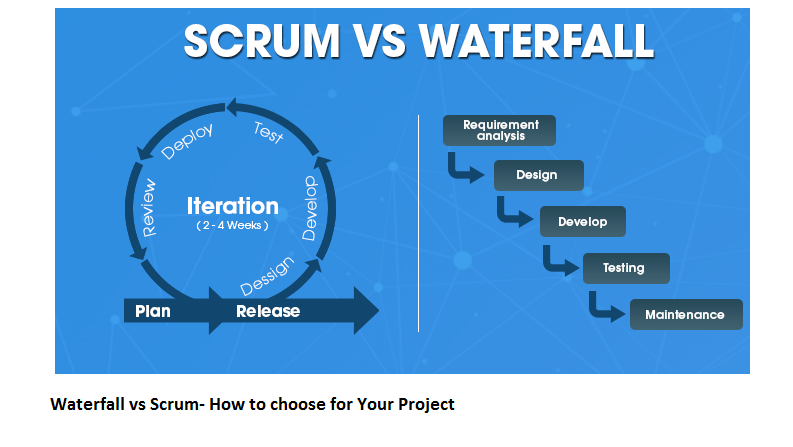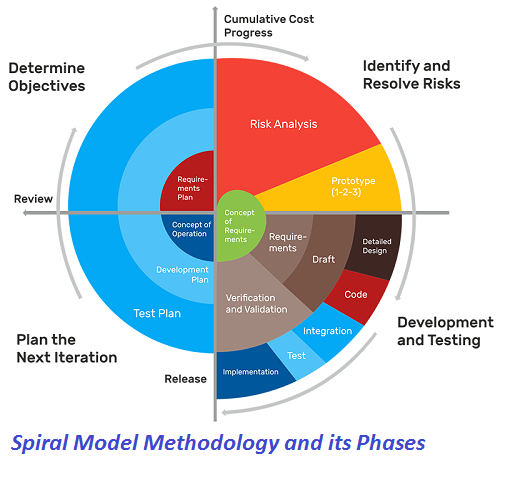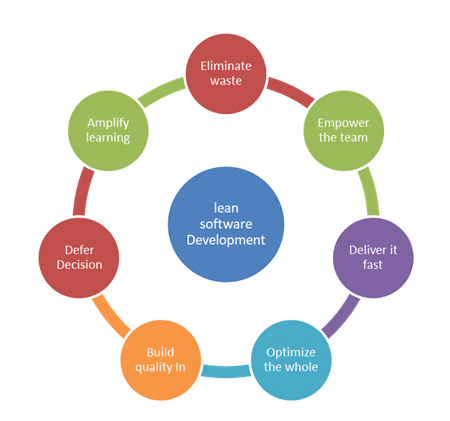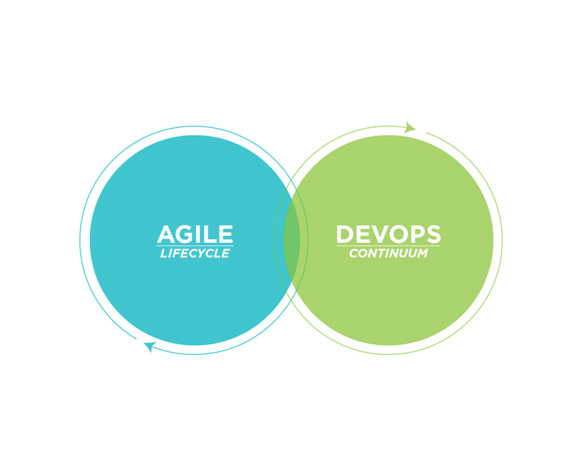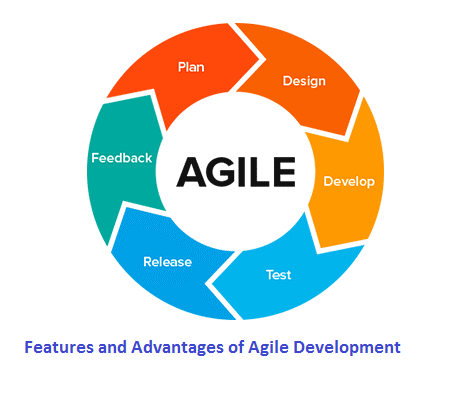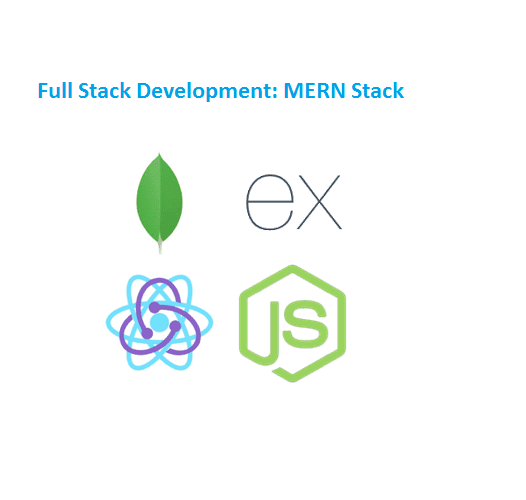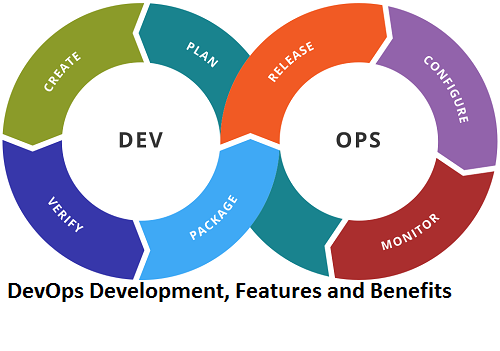 What Is DevOps?
What Is DevOps?
DevOps (“development” and “operations”) is the combination of practices and tools designed to increase an organization’s ability to deliver applications and services faster than traditional software development processes. This speed enables organizations to better serve their customers and compete more effectively in the market. In its broadest meaning, DevOps is a philosophy that promotes better communication and collaboration between these teams — and others — in an organization. In its most narrow interpretation, DevOps describes the adoption of iterative software development, automation, and programmable infrastructure deployment and maintenance. The term also covers culture changes, such as building trust and cohesion between developers and systems administrators and aligning technological projects to business requirements. DevOps can change the software delivery chain, services, job roles, IT tools and best practices. Contact Sovereign Software for DevOps Development services.
Principles of Devops
The principles of DevOps are Iterative, Incremental, Collaboration, Quantification, automation, integration and Holistic.
1. Collaboration
Collaboration between the two departments stands at the very base of the DevOps operations. While it does require cross-functional training and discipline as well as may result in the changing of predefined roles, such collaboration ultimately leads to higher efficiency and effectiveness.
2. Quantification
It is necessary to have a scale on whose basis a practice and its effects can be judged. By quantifying the number of deployments, failures, time taken for each deployment, up time etc before employing DevOps, you can successfully judge the impact and improvement of DevOps on your work culture and environment.
3. Automation
While the developing department generally has a high level of automation, we don’t observe the same with the operations side. By integrating the same level of automation in both departments, we achieve a level of consistency and efficiency across the board that would not otherwise be possible.
4. Holistic
Holistic system means thinking about the entire system and the ecosystem around it.
Benefits of DevOps
1. Ensure faster deployment: Faster and more frequent delivery of updates and features will not only satisfy the customers but will also help your company take a firm stand in a competitive market.
2. Stabilize work environment: Improve your work environment with a steady and well-balanced approach of operation with DevOps practice.
3. Significant improvement in product quality: Collaboration between development and operation teams and frequent capturing of user feedback leads to a significant improvement in the quality of the product.
4. Automation in repetitive tasks leaves more room for innovation: DevOps has greater benefits when compared to the traditional model as it helps in detecting and correcting problems quickly and efficiently.
5. Promotes agility in your business: It’s no secret that making your business agile can help you to stay ahead in the market. Thanks to DevOps, it is now possible to obtain the scalability required to transform the business.
6. Continuous delivery of software: In DevOps methodology, all of the departments are responsible for maintaining stability and offering new features.
7. Fast and reliable problem-solving techniques: Ensuring a quick and stable solution to technical errors in software management is one of the primary benefits of DevOps.
8. Transparency leads to high productivity: With the elimination of silo(ing) and promotion of collaboration, this process allows for easy communication among the team members, making them more focused in their specialized field.
9. Minimal cost of production: With proper collaboration, DevOps helps in cutting down the management and production costs of your departments, as both maintenance and new updates are brought under a broader single umbrella.

